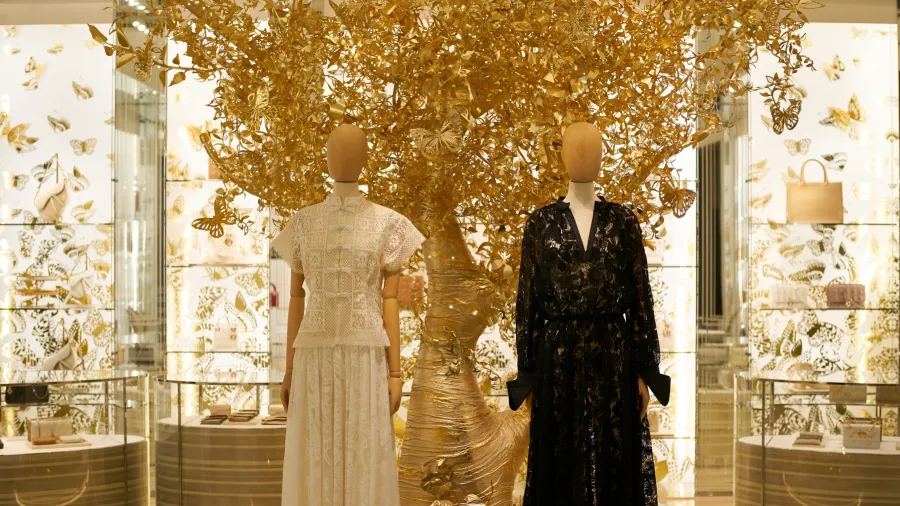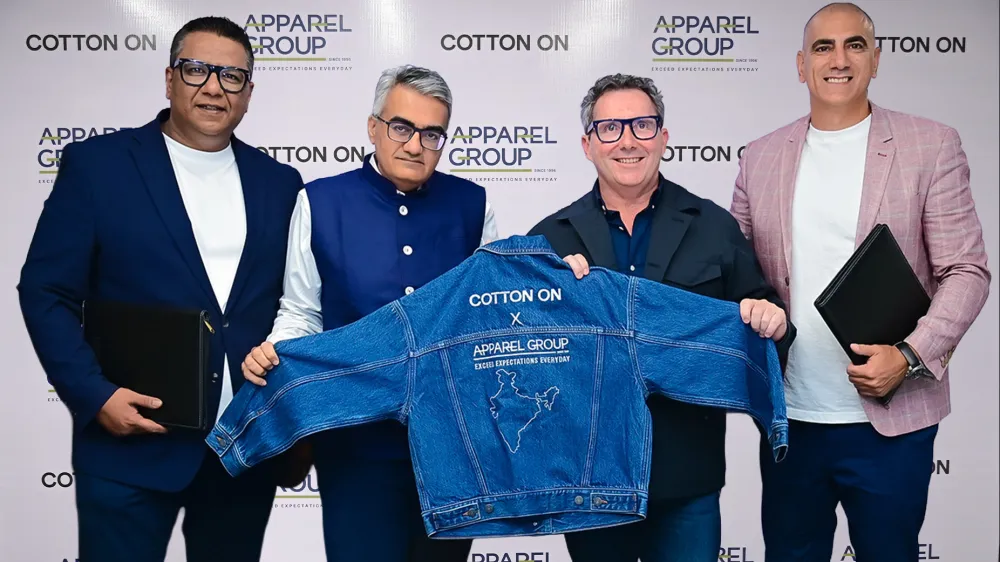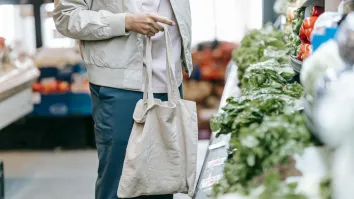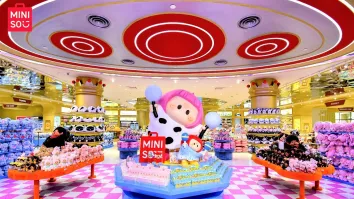
Luxury brands double down on resort markets
Major brands strategically expand into leisure destinations to tap into their target audience.
Luxury retail in resort areas saw a significant uptick, doubling between 2022 and 2023, a rate four times higher than pre-pandemic levels, as per Savills’ Global Luxury Retail 2024 Outlook report.
According to the report, big names like Alexander McQueen, Balenciaga, Burberry, Bvlgari, and Zimmerman, along with industry giants LVMH, Richemont, and Armani, strategically expanded into leisure destinations to tap into their target audience.
“This increase is a factor of both brand demand and increased supply as luxury resorts and hotels increasingly look to maximise their real estate by creating retail opportunities on campus to satisfy their guests’ needs,” it noted.
Pop-up stores have also become a popular approach, providing memorable experiences for holidaymakers.
For instance, Louis Vuitton's two pop-up boutiques at Zuma Mykonos in 2023, featuring exclusive collections and the LV By the Pool campaign.
“Locating and aligning with the resort markets also allows brands to expand their ranges and product offerings,” the report added.
“Looking ahead, leisure travel is still in growth mode. Brands that are tapping into the high levels of footfall while carefully aligning themselves to the seasonal and cultural context of ski and summer hubs, inevitably strengthen their identities on the international stage,“ it noted.
Another trend is the emergence of restaurant and café ventures either within existing stores or as standalone entities.
Examples include the Tiffany & Co Café and Armani Caffe which both unveiled at Dubai Mall in 2023.
“We are seeing some luxury brands, beyond the traditional fashion and jewellery cohorts, take this a step further by emerging as true lifestyle luxury concepts,” the report stated.
RH also exemplifies this transition, transforming its 'galleries' into immersive destinations offering not just products but an encompassing hospitality experience.
Moreover, the pandemic has highlighted the potential of domestic luxury markets, leading brands to explore relatively underserved locales with affluent resident populations, alongside the resurgence of domestic-focused locations within major luxury cities like New York and London.



















 Advertise
Advertise







